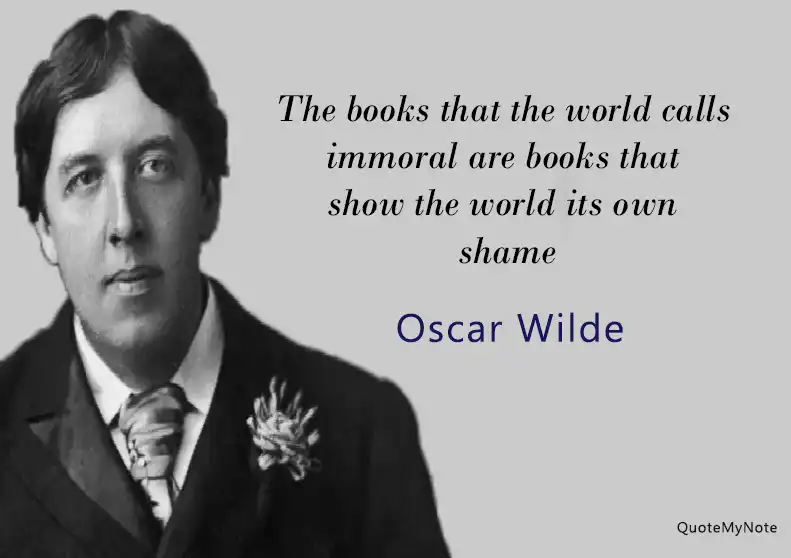Oscar Wilde Quotes for Inspiration and Motivation

Oscar Wilde: The Brilliant Playwright and Poet
Early Life and Education
Oscar Wilde was a renowned Irish poet, playwright, and philosopher renowned for his biting wit, clever humor, and intellectual depth. Born on October 16, 1854, in Dublin, Ireland, Wilde's life was marked by brilliance, creativity, and tragedy.
Wilde was the second of three children to Sir William Wilde and Lady Jane Wilde, a poet and philanthropist. He excelled academically at:
- Trinity College in Dublin
- Magdalen College in Oxford
At Oxford, Wilde became fascinated with the Aesthetic Movement, advocating for the importance of beauty and art in life.
Literary Career
Wilde's literary career spanned various genres, including:
- Poetry: Wilde's poetry collections, such as "Ravenna" and "Poems," showcased his mastery of classical forms.
- Plays: His plays, like "Lady Windermere's Fan" and "The Importance of Being Earnest," are still performed today for their witty dialogue and satirical commentary.
- Short Stories: "The Happy Prince and Other Tales" and "The House of Pomegranates" showcased Wilde's talent for children's literature.
- Essays: "The Soul of Man Under Socialism" and "The Portrait of Dorian Gray" explored his philosophical views.
Personal Life and Trials
Wilde's personal life was marred by controversy. His same-sex relationship with Lord Alfred Douglas led to a sensational trial, resulting in Wilde's conviction for gross indecency.
He was imprisoned for two years, during which time he wrote the poignant "The Ballad of Reading Gaol."
Legacy
After his release, Wilde spent his remaining years in exile, penniless and ill. He died on November 30, 1900, in Paris.
Despite his tragic end, Wilde's legacy endures:
- Influence on Modernism: Wilde's work paved the way for modernist writers like James Joyce and Virginia Woolf.
- Social Commentary: His writing continues to critique societal norms and advocate for individual freedom.
- Timeless Humor: Wilde's wit remains unmatched, inspiring generations of writers and comedians.
Beautiful and Loving Quotes by Oscar Wilde


Conclusion
Oscar Wilde's life was a testament to the power of creativity and the human spirit. His work continues to captivate audiences, inspiring laughter, reflection, and contemplation.
Wilde's legacy reminds us that art can transcend time, speaking to universal truths that endure long after we're gone.